Lab-Testing
LAb testing
Your Wellness Information
The Importance of Lab Testing For Your Health
Unlocking the Secrets of Your Health
When it comes to maintaining our health, we often rely on a combination of lifestyle choices, medical history, and the expertise of our healthcare providers. However, one crucial aspect that can illuminate our overall health status and guide personalized wellness programs is often overlooked: lab testing for bloodwork. Understanding the importance of blood tests can be a game-changer in your journey to optimal health.
Why Bloodwork Matters
Our bodies are intricate systems that communicate their needs and deficiencies through various signals. While symptoms such as fatigue, weight fluctuations, or digestive issues can provide valuable clues about what’s going on inside, they don’t tell the whole story. This is where lab testing comes into play.

Want to know how we can help you?
Comprehensive Insight:
Blood tests measure a wide array of markers in your body, including hormone levels, vitamin and mineral deficiencies, organ function, blood sugar levels, cholesterol levels, and immune responses. These parameters provide a comprehensive view of your health that physical examinations alone cannot offer.
Early Detection:
Regular bloodwork can help detect potential health issues before they develop into more significant problems. Conditions like diabetes, thyroid disorders, and even certain types of cancer can be caught early with appropriate testing. Early detection can lead to early intervention and treatment, significantly improving outcomes.
Personalized Wellness Programs:
With detailed bloodwork results in hand, healthcare providers can tailor wellness programs specifically for you. Whether it’s adjusting your diet, recommending supplements, or suggesting specific lifestyle changes, personalized approaches can help address your unique needs and bring your body into balance.
Tracking Progress:
Blood tests allow both you and your healthcare provider to monitor changes over time. If you’re making lifestyle changes—like adopting a healthier diet or starting a new exercise routine—lab tests can show how these efforts are affecting your health at a biochemical level.
Empowerment through Knowledge:
Understanding what’s happening in your body gives you power over your health decisions. With clear data from blood tests, you can make informed choices about your diet, exercise regimen, and overall wellness strategies.
Making Blood Testing Part of Your Routine
Incorporating lab testing for bloodwork into your routine doesn’t have to be daunting. At our offices, we’ve created a comprehensive model that allows a thorough look at your current health situation. Here are some tips for better understanding:
- Consult With The Doctor: If your current doctor is unsure of what steps you should be taking to help get your health under control, maybe it’s time to talk to us. Take the opportunity to schedule a Discovery Call and find out what steps you can take when taking control of your health.
- Stay Proactive: Don’t wait until you feel unwell to get tested. Regular check-ups every year or two are vital for maintaining long-term health.
- Follow Up: After receiving results, schedule a follow-up appointment with your healthcare provider to discuss what they mean and how you can adjust your lifestyle accordingly. This is a normal part of our lab testing, Although we don’t diagnose you, we help you understand what the lab results are telling you. If you don’t understand what the labs are telling you, you can’t take the proper steps to correct it. Make sure your healthcare provider is giving you the answers you’re searching for.
Conclusion
Lab testing for bloodwork is not just a routine procedure; it’s an essential tool for understanding your health better. By identifying imbalances and deficiencies within your body through comprehensive blood analysis, you can work with healthcare professionals to create a tailored wellness program that fosters optimal functioning.
Investing in your health through regular blood testing empowers you to take control of your well-being—so take the plunge and unlock the secrets that lie within your bloodstream! Your future self will thank you!
What our clients say
Why Choose Us
- More than 30 years of experience.
- Over 3500 clients seen
- Specific, tailored wellness programs
- Scientific Subtype Solution Protocal (R3 Wellness)
Do You Need Help?
Fill out this form, and we’ll setup a free consultation!













